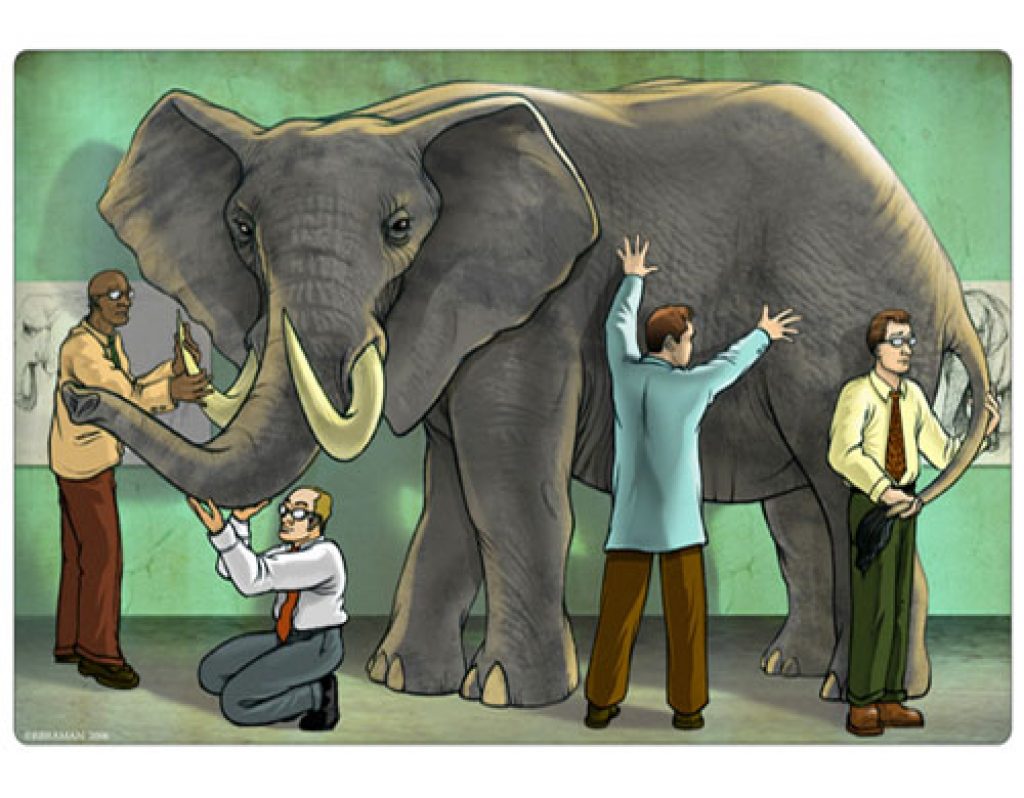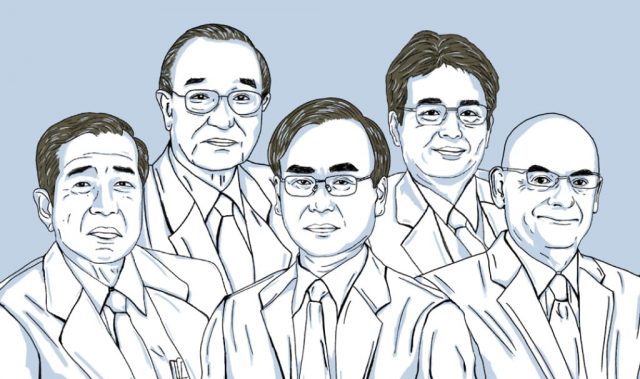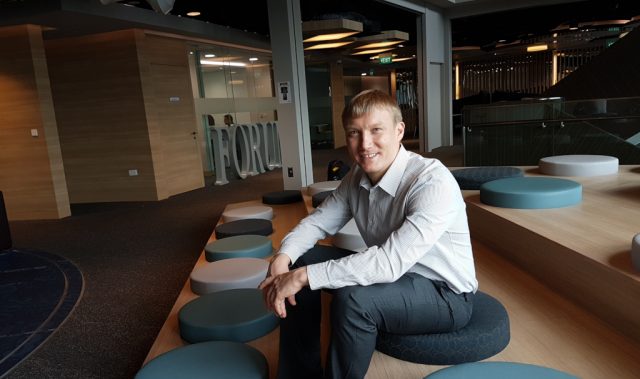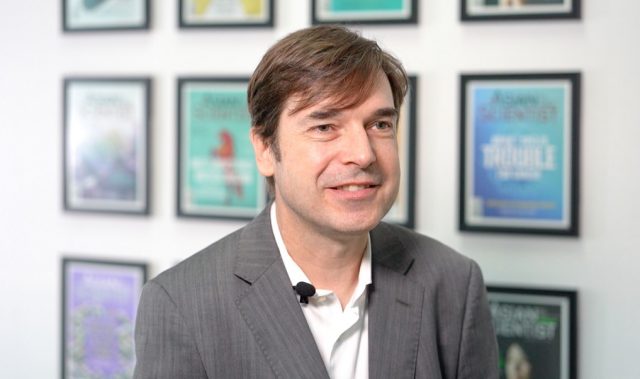
AsianScientist (Oct. 29, 2013) – At the recent 2013 Agency for Science, Technology and Research (A*STAR) Scientific Conference, Professor Lawrence Ho, Chair of the University Medicine Cluster and Head of the Department of Medicine in the National University Health System, Singapore, explained the translational inefficiencies observed in Singapore’s biomedical research and how they can be overcome.
He discussed how Singapore had transitioned from a labor-intensive economic system in the 1970s towards a skill- and capital-intensive system in the 1980s. Since then, Singapore has focused on creating value in technology innovation, he said, citing that investment into research and development (R&D) has increased from S$6 billion in 2000-2005 to S$16.1 billion in 2011-2015.
The increase in technological innovation has contributed to Singapore being ranked 8th worldwide in terms of innovation on the World Economic Forum Global Competitiveness Index 2012–2013. However, in terms of innovation efficiency, Singapore still lags far behind, coming in at 18th for innovative output and 121th for innovation efficiency.
Prof. Ho explained that there are several reasons for translational inefficiency: the time lag between research funding and economic output is an obvious factor, taking into account that Singapore only commenced its foray into biomedical research in 2000.
However, there are also several other key factors that can result in translational inefficiencies in biomedical R&D, he said. Prof. Ho narrated the classic tale of the blind men and an elephant to illustrate the concept that while one’s subjective experience is true, it may not be the totality of truth. It also provides insight into the behavior of experts in niche areas, and emphasizes the need for communication and respect for different perspectives.
A group of blind men touch an elephant to learn more about it. Each feels a different part, but only one part, such as the side or the tusk. They then compare notes and learn that they are in complete disagreement. Only when a sighted man walks by and sees the entire elephant all at once, do they realize they are blind.
To relate this tale to Singapore’s biomedical research, Prof. Ho listed the different categories of ‘blind men’: clinicians, scientists, administrators, grant bodies and entrepreneurs.
Due to the nature of the job, a clinician’s focus is on breadth, not depth. “We focus on the present, not the long term. We cannot cope with our present patient load, so how can we think about the future?” said Prof. Ho. Unfortunately, R&D is about investment in the long term, he said. In clinical medicine, there has been an increasing trend in the number of citations per paper across all Asian institutions. “Stagnation is not an option as it will become regression when others progress,” he said.
In the case of scientists and engineers, the focus is on academic output. The mantra, ‘publish or perish,’ is the prevalent school of thought, which in turn results in scientists being unwilling to venture out of their comfort zones.
For administrators, their main concern is the regulation of research activities and logistics. For example, finance administrators worry about grants, while research office administrators question where the relevant reports are, and legal administrators ensure that term sheets and legitimate agreements are in place.
Key performance indicators (KPIs) are heavily emphasized by grant bodies, where “what is not measured is considered unimportant,” he said. He related KPIs to measuring short term output (like trees) instead of looking at long term outcomes (like wood).
Finally, entrepreneurs focus on the return of their investment, but there are insufficient numbers of successful entrepreneurs in Singapore, which translates to inadequate support for newcomers who wish to venture into this area.
Potential ways to overcome this ‘blindness’ is to “look at the elephant with open eyes,” he said, adding that it is important to decide on the desired outcome and make strategic moves to progress in that direction.
“Work on game changing ideas, stay focused on your objectives, have mutual respect for the people you work with, and know your customers,” he advised.
——
Copyright: Asian Scientist Magazine.
Disclaimer: This article does not necessarily reflect the views of AsianScientist or its staff.












